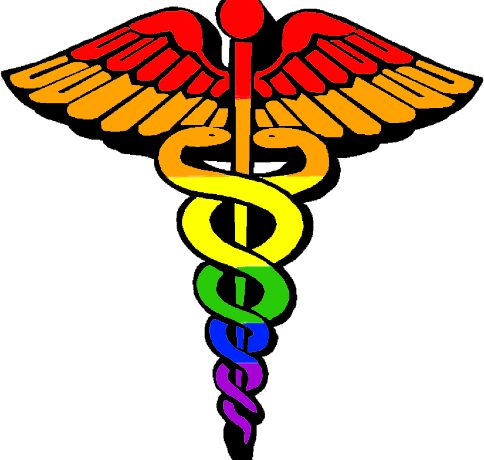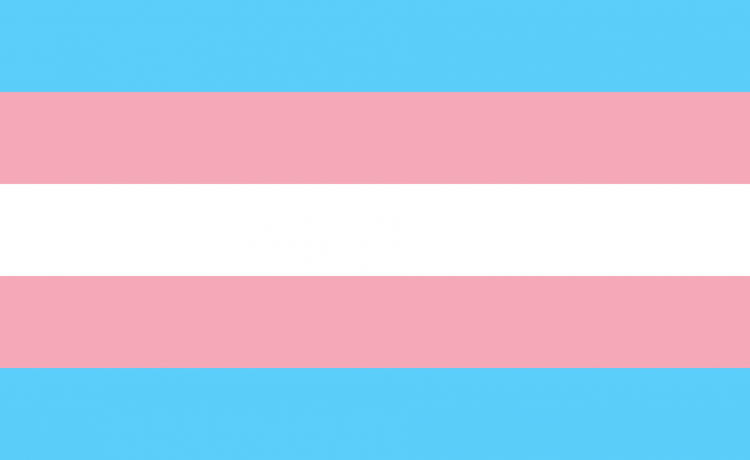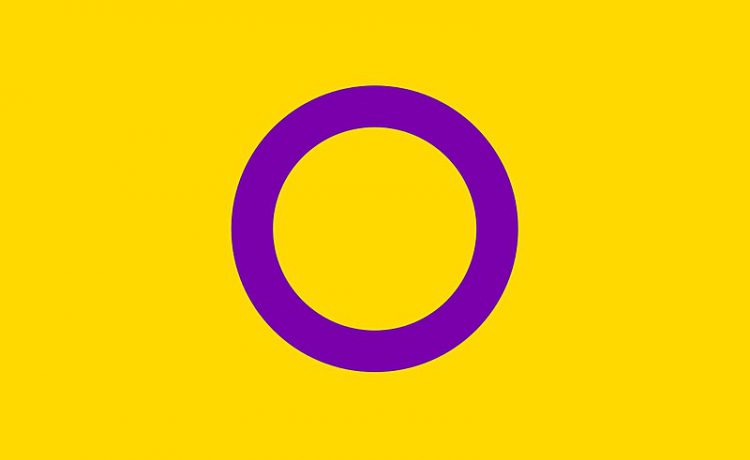Lesbian, gay, bisexual, transgender, queer, intersex, and asexual (LGBTQIA) people are members of every community. They are diverse, come from all walks of life, include people of all races and ethnicities, all ages, all socioeconomic statuses, and from all parts of the country. The healthcare needs of LGBTQIA people are sometimes unique and often overlooked, contributing to health disparities experienced by vulnerable populations. Experts report that LGBTQIA people often avoid seeking out medical care or refrain from “coming out” to their healthcare provider. Marginalized people can face discrimination in any venue, and LGBTQIA patients could be made to feel […]




